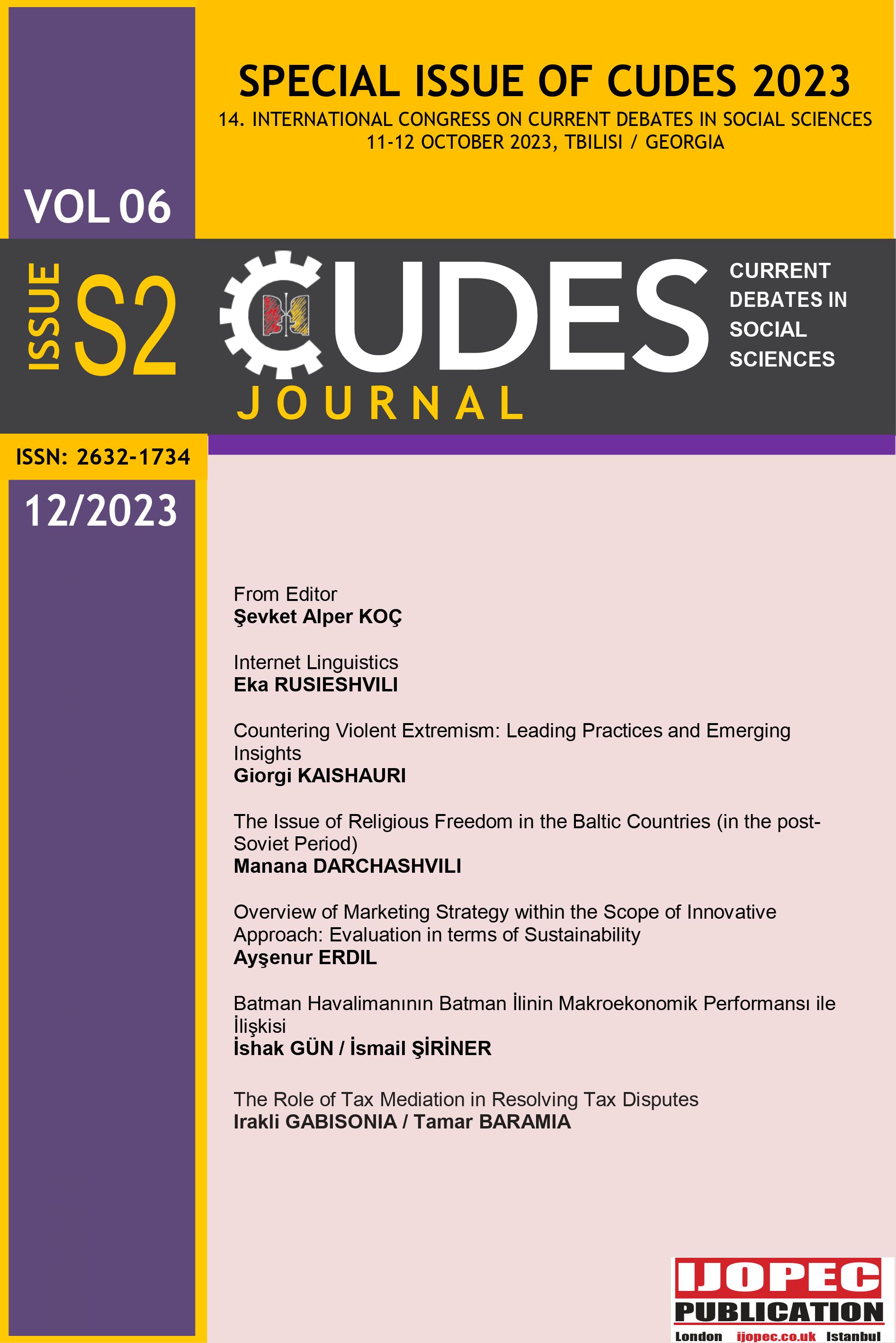Author :
Abstract
Keywords
Abstract
|
This article reviews and comments on the key practices and insights which have emerged in the Preventing and Countering Violent Extremism (P/CVE) fields. Eight themes are identified from various academic studies and practicioner reports: (1) individual resilience, (2) identity formation, (3) action and dialogue, (4) community engagement, (5) community resilience, (6) women's roles, (7) personnel's roles, and (8) former radicals. Individual resilience, comprising cognitive skills, character traits (like empathy), and values (e.g., community and tolerance), is crucial in countering extremist ideologies. Identity formation focuses on empowering minority communities while inclusive dialogue challenges extremist ideas. Community engagement bridges the gap between state institutions and communities, emphasizing cultural exchange and community organizations, whilst community resilience, the ultimate goal, depends on strong social connections within and across communities, incorporating social bonding, bridging, and linking. Additionally, personnel who are well-trained and equipped, play a pivotal role in P/CVE program success, necessitating evidence-based training and effective monitoring and evaluation. Women are vital in both preventing and participating in violent extremism, warranting inclusion in community-building efforts and last but not least, former radicals possess unique insights but require careful integration into P/CVE strategies. In summary, this paper outlines key moving parts in the P/CVE strategies, emphasizing balanced approaches, stakeholder involvement, and further research for effective P/CVE initiatives. |





